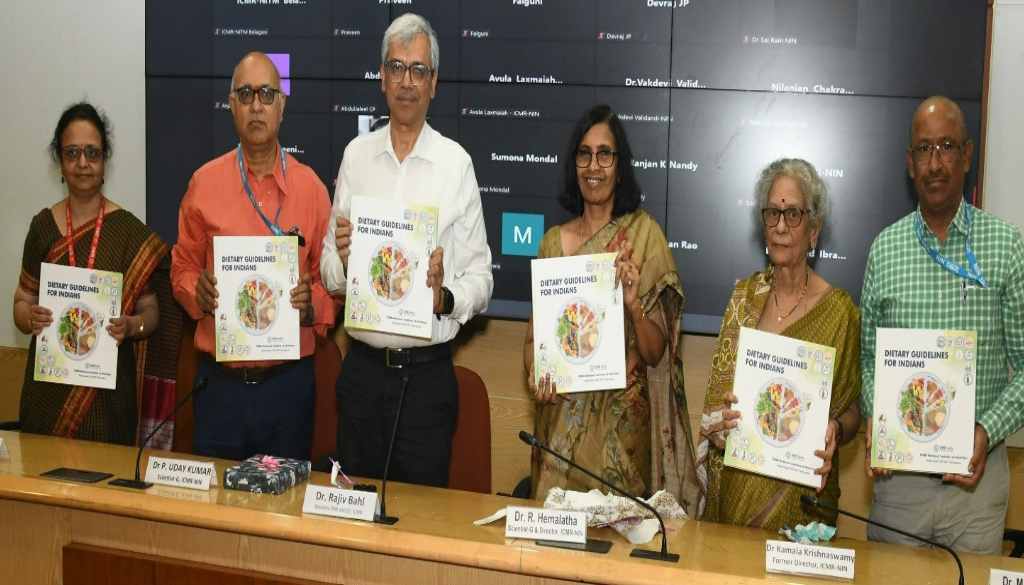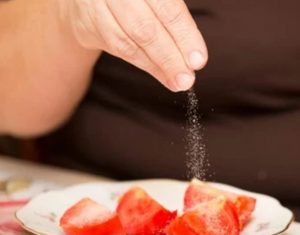Dietary Guidelines for Indians: Sugar Intake Limited, Protein Supplements Discouraged

Hyderabad, 9th May 2024: The National Institute of Nutrition (NIN) has emerged from a 13-year hiatus with updated “Dietary Guidelines for Indians.” This revision reflects contemporary scientific insights, evolving lifestyles, prevalent diseases, and dietary patterns. Among its recommendations, Indians are urged to cap their daily sugar intake at 20-25 grams, equating to approximately one teaspoon, as sugar is primarily derived from natural carbohydrates.
Additionally, the guidelines advise against the consumption of protein supplements and advocate for a reduction in oil usage. Furthermore, the use of air-frying and granite-coated cookware receives an endorsement.
In a groundbreaking move, NIN has unveiled guidelines for deciphering packaged food labels, a first for the institute. Dr. Rajiv Bahl, the director-general of the Indian Council of Medical Research (ICMR), unveiled these revised guidelines on Wednesday. One of the prominent recommendations emphasizes the reduction of cooking oil usage, proposing instead the consumption of essential fatty acids through sources like nuts, oilseeds, and seafood. Furthermore, comprehensive guidelines on ultra-processed foods have been issued.
The revised dietary guidelines underscore the recommendation to steer clear of protein supplements due to an incongruence between their benefits and associated risks. Protein powders, derived from eggs, dairy milk, or plant sources such as soybeans, peas, and rice, are cautioned against due to potential additives like added sugars, noncaloric sweeteners, and artificial flavoring. NIN highlights concerns regarding branched-chain amino acids found in protein supplements, which may elevate the risk of noncommunicable diseases. Research findings indicate that while dietary protein supplementation may marginally enhance muscle strength and size during prolonged resistance exercise training (RET) among healthy adults, excessive protein intake beyond 1.6g/kg body weight/day fails to yield additional RET-induced gains.
Dr. Hemalatha R., director of NIN, draws attention to the prevalence of impaired nutritional status among children juxtaposed with a surge in overweight and obesity rates, creating a dual burden of malnutrition within Indian communities. A staggering 56.4% of India’s disease burden is attributed to unhealthy diets.
Dr. Hemalatha underscores the pivotal role of healthy dietary patterns and physical activity in mitigating coronary heart disease, hypertension, and type 2 diabetes, potentially preventing up to 80% of the latter.








